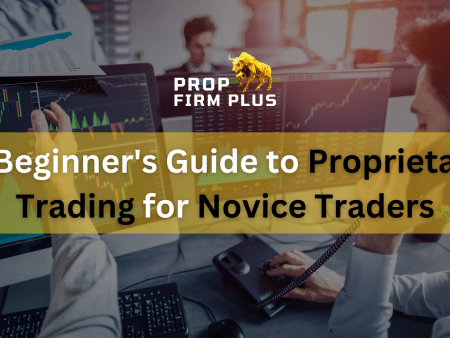
Understanding Contract for Differences (CFDs)
In financial derivatives trading, a contract for difference (CFD) is an agreement where the variations in settlement between the opening and closing trade prices are settled in cash. With CFDs, there is no delivery of tangible goods or securities. Experienced traders employ contracts for difference, an advanced trading tactic that is prohibited in the US and often conducted under unregulated conditions.
Trading in the price movement of securities and derivatives—financial instruments deriving from an underlying asset—is made possible by CFDs for traders. Investors use them to place price bets on whether the underlying asset or security will increase or decrease in value.
Should the buyer of a CFD witness an increase in the asset’s price, they will offer to sell their ownership. Netted together is the difference between the buy and sale prices. The investor uses their brokerage account to settle the net difference, which represents their gain or loss on the trades.
If a trader thinks that the price of a security will drop, they may initiate a starting sell position. In order to close the position, they have to buy an offset trade. Once more, the net difference between the gain and loss is settled in cash via their account.
Dealing in CFDs
Exchange-traded funds (ETFs) are just one of the various assets and securities that can be exchanged via contracts for difference. These goods will also be used by traders to make predictions about changes in the prices of futures contracts of commodities like corn and crude oil. Standardized agreements or contracts with a future expiration date that obligate parties to purchase or sell a specific item at a predetermined price are known as futures contracts.
Over-the-counter (OTC) trading of CFDs is facilitated by a network of brokers who aggregate market supply and demand and set prices appropriately. Major exchanges like the New York Stock Exchange (NYSE) do not trade them. The CFD is a contract that can be traded by a customer and their broker. The difference between the trade’s starting price and its value upon unwinding or reversing is being exchanged.
Pros and Cons of CFDs
Positives
- Investors can trade the price movement of assets, such as commodity futures, stock indexes, and exchange-traded funds (ETFs), using CFDs.
- With CFDs, investors may only virtually own a security yet with all its benefits and risks.
- Due to the use of leverage in CFDs, investors might deposit a tiny portion of the trading value with a broker.
- Buying and selling as well as taking a long or short position are made simple for investors using CFDs.
Negatives
- With CFDs, leverage can increase profits but it can also increase losses.
- Significant variations in the market can result in large differences between a broker’s ask (sell) and bid (buy) prices.
- The U.S. does not permit or heavily regulate the CFD sector. Traders depend on the legitimacy and standing of their brokers.
- Margin call, which is when an investor with a losing position receives a request from their broker to deposit more money.
A CFD Example
An investor wishes to purchase a CFD on the exchange-traded fund SPDR S&P 500 (SPY), which follows the S&P 500 Index. For the trade, the broker demands a 5% down payment.
At $250 per share, the investor purchases 100 SPY shares for a $25,000 position; the broker receives the first $1,250, or 5% of the total.
The trader quits the position with a profit of $50 a share, or $5,000 total, two months later when the SPY is trading at $300 per share.
Cash is used to settle CFDs. After netting out the beginning position of $25,000 and the closing position of $30,000 ($300 * 100 shares), the investor’s account is rewarded with a $5,000 gain.
Futures Contracts vs Contracts for Differences
Futures contracts traders are obligated to buy or sell the asset at a predetermined price until its expiration date. The underlying asset is never yours to hold with CFDs, and they have no expiration date.
Bottom Line
Without really holding a security, you can still take advantage of all its benefits and risks. Investors can only contribute a small portion of the trading amount with a broker by using leverage.
The disadvantage of CFDs is that because of the high price volatility associated with such leverage, large losses may result. Also, US citizens are unable to trade CFDs due to the market’s lax regulation. Read more about it on our blog “The Rise of Futures Trading: A Viable Alternative to CFDs?”.










